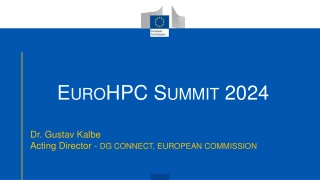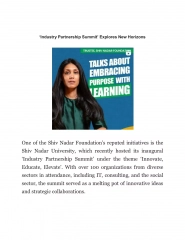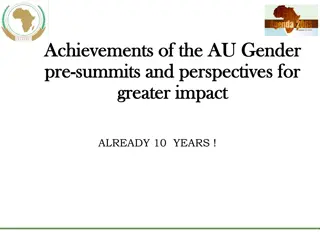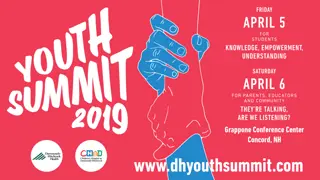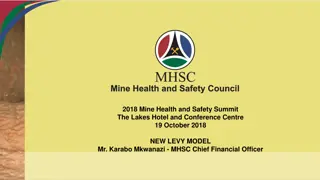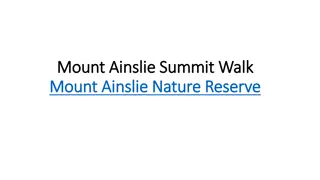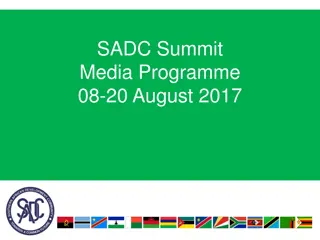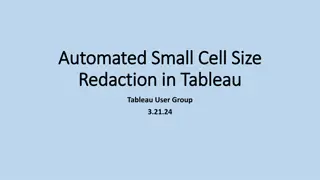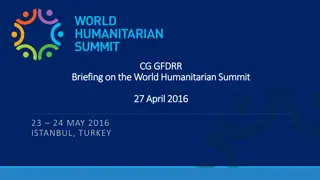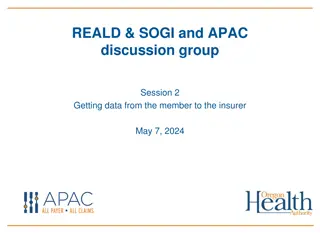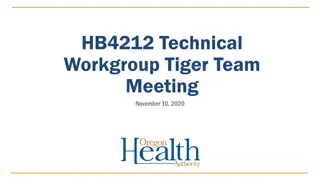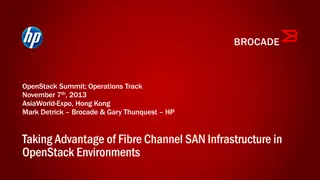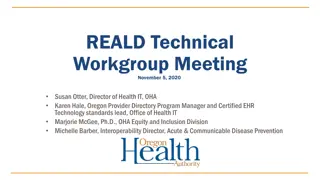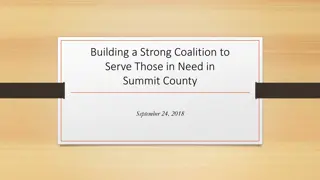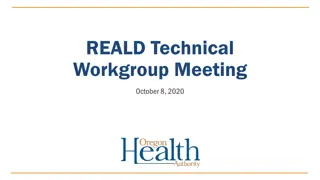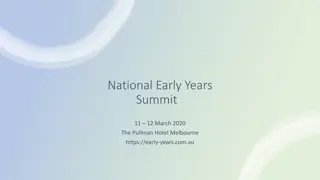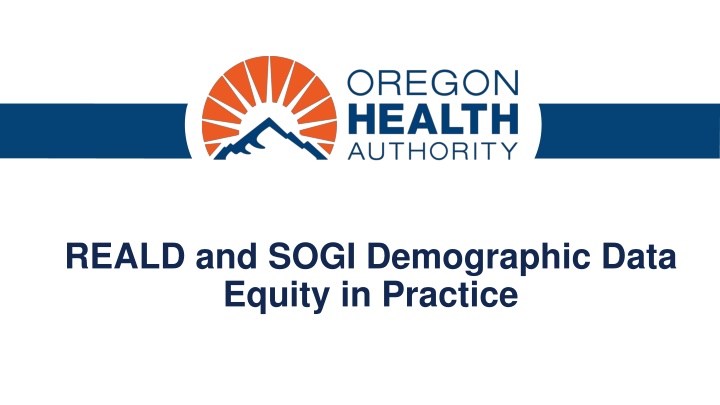
REALD and SOGI: Demographic Data Equity in Practice
Learn about REALD and SOGI standards for collecting and reporting demographic data, the impact of detailed data collection on equity, and the importance of inclusive demographic standards in promoting social and health equity. Explore how these standards are developed, updated, and implemented to better reflect the complexity of populations and address community needs.
Download Presentation

Please find below an Image/Link to download the presentation.
The content on the website is provided AS IS for your information and personal use only. It may not be sold, licensed, or shared on other websites without obtaining consent from the author. If you encounter any issues during the download, it is possible that the publisher has removed the file from their server.
You are allowed to download the files provided on this website for personal or commercial use, subject to the condition that they are used lawfully. All files are the property of their respective owners.
The content on the website is provided AS IS for your information and personal use only. It may not be sold, licensed, or shared on other websites without obtaining consent from the author.
E N D
Presentation Transcript
REALD and SOGI Demographic Data Equity in Practice 1
Learning Objectives Define REALD and SOGI Describe The equity impact of collecting detailed, inclusive demographic data How data equity principles are operationalized in REALD & SOGI standards and implementation Common concerns around collecting demographic data 2
REALD SOGI is a Set of Standards for Collecting and Reporting Demographic Data Demographic data is used to define populations. Understanding social and health inequities requires that we have well-defined populations. People and societies are complex, and demographic information is more useful when it reflects that complexity. Communities brought forward legislation (HB 2134, HB 3159) to demand more inclusive, accurate demographic standards in Oregon. 4
Enter: REALD & SOGI Race Ethnicity (and) Language Disability Sexual Orientation (or sexuality) Gender Identity (or sex and gender) Initial Standards adopted 2013 Updated 2020 Updated 2024 Draft Standards adopted during 2020-21 COVID-19 Pandemic Data Collection Final Standards adopted 2024 REALD SOGI standards are subject to regular review and update via legislatively mandated Rulemaking. Other demographic experiences (e.g., tribal affiliation) could be added in the future if proposed in legislation by community. 5 5
3/18/2025 Community-Based Standards REALD & SOGI standards were initiated by Oregon community organizations and developed in collaboration with diverse community partners, for the purpose of serving those communities. 6 6
Motivating Values: Why Collect Demographic Data? We ask REALD and SOGI questions to... Create safe, inclusive and welcoming environments Recognize the diversity of the populations we serve Support health and social equity efforts Direct people to group-specific services and distribute resources Shift social norms about and broaden our understanding of who is included and accepted in the populations we serve 8 8
Granular Data OHA s REALD and SOGI tool collects data that is much more granular (i.e., more specific identities represented) than most other standards Granular data can always be aggregated or crossmapped to match less granular standards The reverse is never true; can t gain more detailed information from less detailed data Aggregation and crossmapping is not always simple or straightforward; requires principled decision-making informed by community expertise and transparency about that decision making. 9 9
OHAs REALD and SOGI Standards Data Equity Practices 10 10
REALD & SOGI Questionnaire Template https://www.oregon.gov/oha/EI/REALD%20 Documents/REALDSOGI_Survey.docx 11 11
Including Open-Ended Questions How do you identify your race, ethnicity, tribal affiliation, country of origin, or ancestry? (Open Text Response) Describe your gender in any way you prefer: (Open Text Response) If you identify as someone with a disability, or as having a physical, mental, emotional, cognitive, or intellectual condition, describe your disability or condition in any way you prefer: (Open Text Response) Describe your sexual orientation or sexual identity in any way you prefer: (Open Text Response) 12 12
Structured Questions Granular, multi-select, community-informed Which of the following describes your racial or ethnic identity? (Select all that apply from 72 options) For adults: What is your gender? (Select all that apply from 12 options) What is your sexual orientation (Select all that apply from 10 options) When providing information about language: Electronic forms use smart filtering to allow people to select from complete ISO list of 7000+ active, living languages Using only a short list of common languages creates bias 13 13
General Data Equity Practices in REALD & SOGI Question ordering language & disability first to identify access needs All questions are optional and include response options: Don t know and Don t want to answer . Some questions also include the option Don t know what this question is asking . Age-based skip logic is present throughout the survey to ensure that questions are age-appropriate. Display logic and skip logic are used throughout to reduce survey fatigue & burden 14 14
Subject-Specific Data Equity Practices Question about sex includes intersex and not listed options to capture underrepresented experiences We ask about transgender status separately from asking about gender identity. Ask a primary race question to allow people with more than one racial or ethnic identity to choose whether to be represented using a primary racial identity or as multiracial when data is aggregated. Include questions about disability , functional limitations , and accommodations to capture needs and experiences irrespective of personal identification with specific labels. 15 15
REALD and SOGI Community Grant Grantees/partners will be community health organizations and community-based groups serving tribal communities, communities of color, LGBTQ+ people, people with disabilities, people who speak primary languages other than English and other underserved populations. Receive training and funding to be able to provide culturally responsive/specific, trauma-informed trainings on the collection of REALD & SOGI data. 16 16
Community Workgroup Comprised of 21 individuals with diverse identities and geographic locations in Oregon Goals To integrate communities perspectives into OHA decision making Build community capacity to understand and utilize REALD &SOGI data Support communities to promote data justice, equity, and community-responsiveness Support sustainable practices in data validation in community to promote health equity 17 17
Common concerns with collecting demographic data 18 18
19 Privacy Who can see an individual s data? What control do individuals have over who sees their data? How is this different for minors vs. adults? These concerns are relevant for all sensitive data and can be addressed through careful and intentional data privacy practices. 19
3/18/2025 Autonomy, risk, and erasure Though there are inherent risks in collecting any demographic data, not collecting it contributes to erasure if we aren t counting people and populations, we can t know whether our systems are meeting their needs or causing harm to those people and populations. When you ask demographic questions, you give a person the opportunity to choose how to answer. They may choose how or whether to participate in their own representation. Not collecting demographic data takes this choice away from individuals. 20 20
21 Backlash Communities harmed by inequities may feel mistrustful of government. People with certain belief systems may react with hostility when presented with certain demographic questions (e.g., about sexual orientation). Equity work requires us to identify populations who experience inequities and center the experiences of those most harmed by these inequities. 21
Making meaning from demographic data 22 22
3/18/2025 Using Data to Tell Stories When analyzing data, important to keep meaning-making in mind What questions are we trying to answer? What stories are we using this data to tell about the people and populations who provided it? Do these stories resonate with the communities they are about? Are they strengths-based? Do these stories reproduce stigma or perpetuate historical harm? 23 23
Marty Arrigotti, MPH SOGI Implementation Strategist Martin.A.Arrigotti@oha.oregon.gov bit.ly/oha-reald OHA REALD and SOGI Website Kieran Chase, MPH Data Equity and Analysis Research Analyst Kieran.Chase2@oha.oregon.gov REALD and SOGI Questions OHAREALD.Questions@odhsoha.oregon.gov Thank you!
3/18/2025 OHA REALD and SOGI Website 25 25


